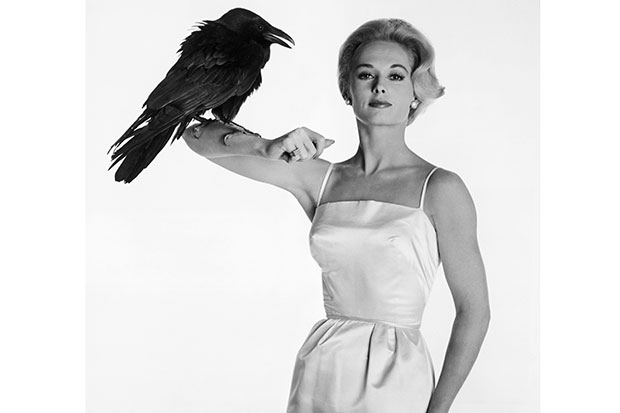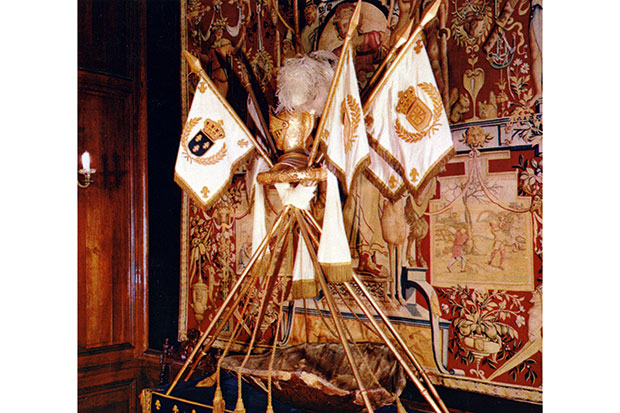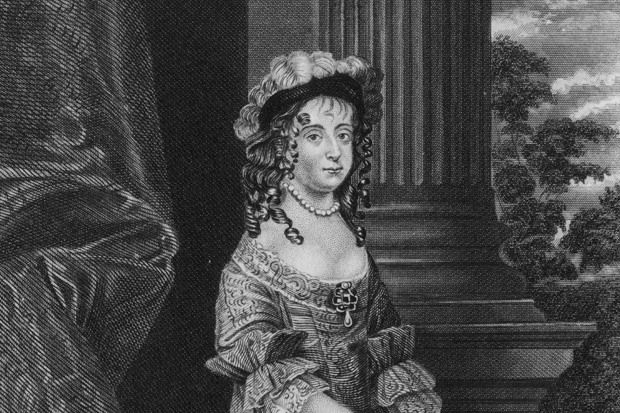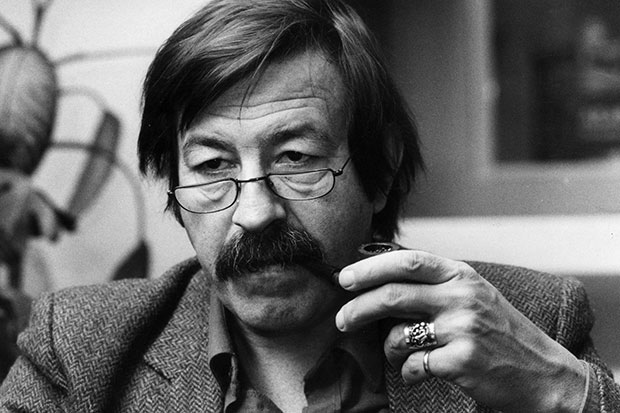‘The Birds is coming’ screamed the posters for Tippi Hedren’s only famous film. Well, the cats is coming in her memoir. More than half the book is given over to Shambala Preserve, the lion and tiger sanctuary that Hedren set up in California in the 1980s. If you want to know how to stroke a big cat (‘strong and firm, under his chin or in his mane’), or what it means when they bare their teeth (‘it has nothing to do with anger; lions do their most effective sniffing from two holes in the roof of their mouths’), this is the book for you. But if you’re after the lowdown on what went on between Hedren and Alfred Hitchcock during the making of The Birds and Marnie, this memoir is rather less satisfying.
Ever since the publication of Donald Spoto’s biography of Hitchcock, The Dark Side of Genius, movie fans have wanted to know exactly what the ageing auteur got up to with his latest blonde starlet. Did the man who liked to tell his leading ladies to ‘Call me Hitch, hold the cock’, really fall head over heels for Hedren? Did he really follow her into her dressing-room during the Marnie shoot? And once in there, did he really make what Spoto calls an ‘overt sexual proposition’?
He certainly did, says Hedren, though since she adds that ‘I’ve never gone into detail about this and I never will’, you wonder what kind of autobiography the publishers thought they were buying. The blurb promises ‘the entire story of her complicated relationship with Hitchcock’, but all we get is the familiar story about how Hitchcock ‘suddenly grabbed me and put his hands on me. It was sexual, it was perverse, and it was ugly, and I couldn’t have been more shocked.’ But not that shocked, surely. After all, only a few months earlier, when they were filming The Birds, Hitchcock and Hedren had what she calls an ‘utterly disgusting encounter’ in the back of his limo. Hitchcock apparently made to kiss her as they pulled up in front of a crowd of people.
Since he died in 1980, three years before the publication of Spoto’s book, Hitchcock wasn’t able to defend himself against these claims. For all I know he’d have admitted them, and asked for a clutch of similarly nasty offences with similarly icy blondes to be taken into consideration. Still, it’s possible to make a theoretical case for the defence. One thing we know for certain about Hitchcock is that when it came to actors he was a ‘method’ director. He treated even the most accomplished stars as if they were the characters they were playing, the better to coax from them the performances he required. If he wanted Cary Grant to look angry, he’d needle him off-set. If he needed Ingrid Bergman to look terrorised, he’d do his best to distress her.
So how was he likely to deal with Tippi Hedren — a cover girl who had never acted before he spotted her in a TV ad? How would he get her to play priggish and petulant in The Birds? Perhaps by whispering in her ear that he’d heard about her reputation for being ‘available to men’? How would he get her to play the lead in Marnie — a frigid kleptomaniac who cannot abide the touch of men, and whose face his camera closes in on as she endures marital rape? Perhaps by pawing her proprietorially when he knew other people were looking?
It could be said that even if this theory were susceptible of proof, Hitchcock’s behaviour was still monstrous. That like some inverse Pygmalion, he took a young and innocent girl and treated her as a block of stone to be shaped as he wished. (Since that is effectively a plot summary of Hitchcock’s most personal film, Vertigo, the charge is all the more convincing.) Certainly Hedren has every right to remain baffled by what Hitchcock did to her. But even if, as she says, he did ‘promise to ruin my career’, the fact is that without him Hedren wouldn’t have had a career to ruin. Since she says that she had ‘already healed and moved on by the time Hitchcock died’, isn’t it time she stopped promising full disclosure and went for closure instead?
Got something to add? Join the discussion and comment below.
Get 10 issues for just $10
Subscribe to The Spectator Australia today for the next 10 magazine issues, plus full online access, for just $10.
You might disagree with half of it, but you’ll enjoy reading all of it. Try your first month for free, then just $2 a week for the remainder of your first year.














Comments
Don't miss out
Join the conversation with other Spectator Australia readers. Subscribe to leave a comment.
SUBSCRIBEAlready a subscriber? Log in